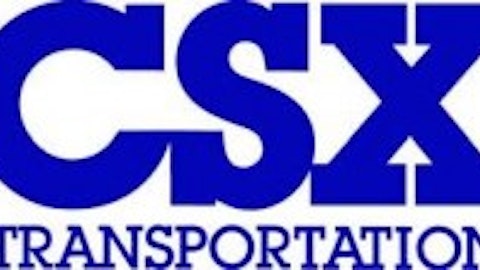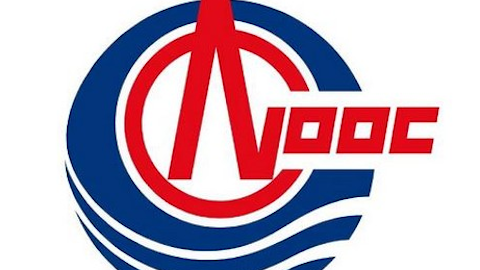Dividend investing is not only about yields, ratios, and payments. It’s very important to analyze the business behind the numbers, its competitive strength and the fundamentals that generate the cash flows for those dividends. For investors on the hunt for rock-solid dividend companies, natural monopolies can be a smart alternative to consider.
In some industries it just doesn’t make sense to have multiple players serving the same area. These are cases in which the business is profitable when there is only one company exploiting it, but increased competition would ruin it for everyone. For example, from a cost and revenue perspective, think about airports, some utilities, or railroads — having multiple competitors in the same segment would be uneconomical.
Natural monopolies can be some of the most sustainable and long-lasting sources of competitive advantages, and companies in these kinds of business can generate remarkably solid dividend yields for investors.
Hop on the train
One clear example about how natural monopolies work is the railroad industry. Once a company is covering a certain route, there is no incentive to build a competing railroad on the same geography. Trains still compete against other means of transport, such as trucks, but they have a natural cost advantage that makes them more efficient, especially when it comes to covering long distances.

Canadian National Railway (USA) (NYSE:CNI) is the biggest railroad in Canada; the company covers that country from coast to coast and extends through Chicago to the Gulf of Mexico. The company is well diversified: 20% of revenues come from intermodal traffic, 17% from petroleum and chemicals, 13% from grain and fertilizers, 11% from forest products, 7% from metals and minerals and 6% from coal among other businesses. This reduces the volatility coming from fluctuating conditions in one particular industry and provides resiliency and stability to its cash flows.
The dividend yield is not particularly high at 1.7%, but the payout ratio is at a very comfortable 27.3% of earnings. The company has been steadily raising payments over the last years, including a 15% increase for 2012, so investors have good reasons to expect growing dividends from this railroad in the future.
Norfolk Southern Corp. (NYSE:NSC) offers a much higher dividend yield of 2.8% and a healthy payout ratio of 36.6%. The company has consecutively raised dividends over the last 12 years, although the latest increase was a modest 4%.
Norfolk Southern Corp. (NYSE:NSC) operates 21,000 miles of track in the eastern United States; it hauls shipments of coal (26% of consolidated revenue), intermodal traffic (20%), and a diverse mix of automobile, agriculture, metal, chemical, and forest products.
Coal traffic is falling lately due to changing dynamics in the U.S. energy markets, which is having negative consequences on the company’s financial performance, hence the cheap valuation and uninspiring dividend growth. From a contrarian perspective, recent weakness may provide an opportunity for long-term investors to hop on this train at an attractive entry price.
Taking off
Nobody in his right mind would consider building a new airport near an existing one, especially considering the elevated fixed costs and regulatory complications. That’s why companies like Grupo Aeroportuario del Pacifico (ADR) (NYSE:PAC) and Grupo Aeroportuario del Sureste (ADR) (NYSE:ASR) enjoy attractive monopolistic positions as airports operators in Mexico.
Grupo Aeroportuario del Pacifico (ADR) (NYSE:PAC) operates 12 airports throughout Mexico’s Pacific region, including the major cities of Guadalajara and Tijuana among others. Grupo Aeroportuario del Sureste (ADR) (NYSE:ASR) is more focused on tourist destinations; it operates nine airports, including the key tourist spots of Cancun and Cozumel.





